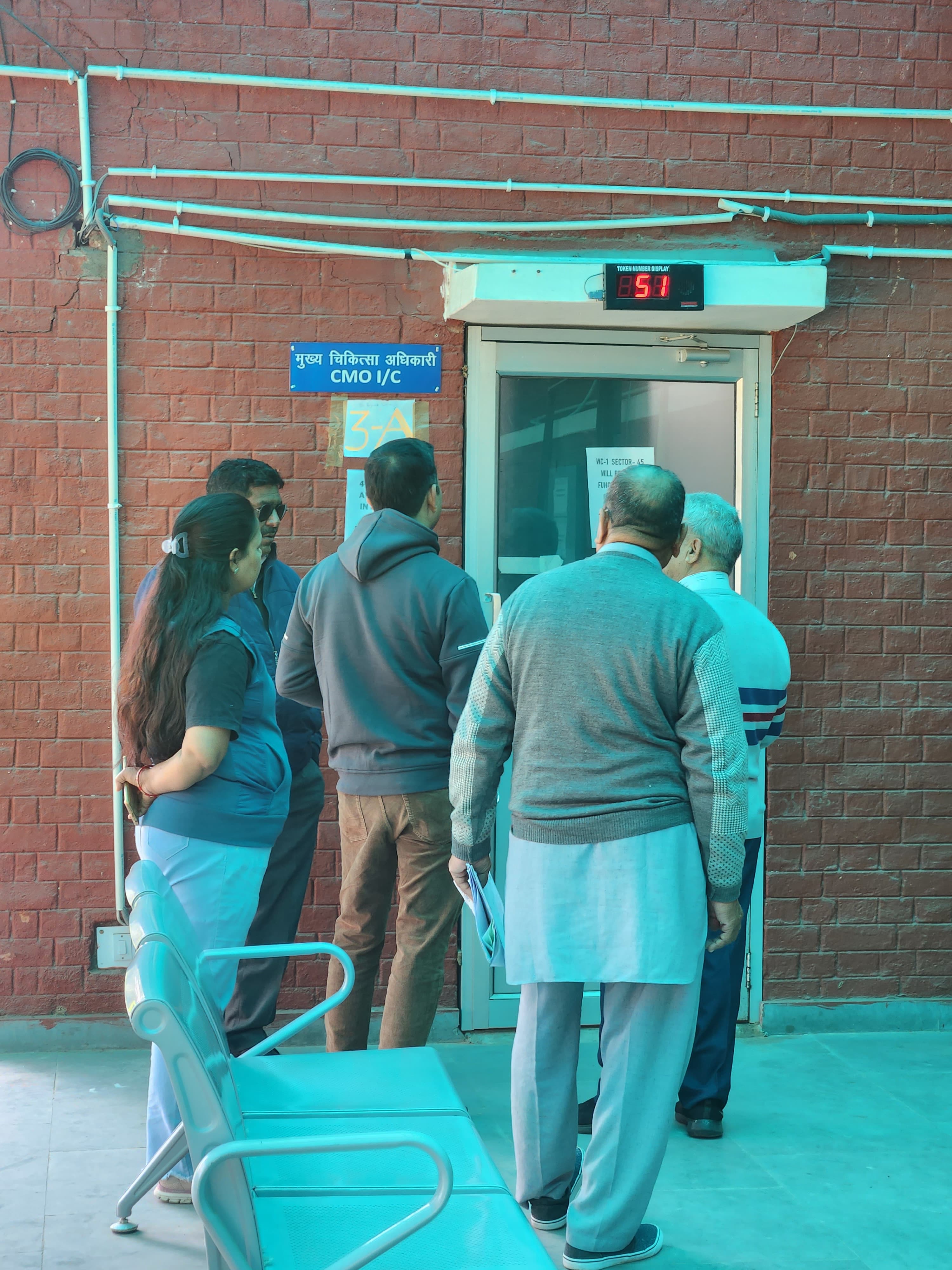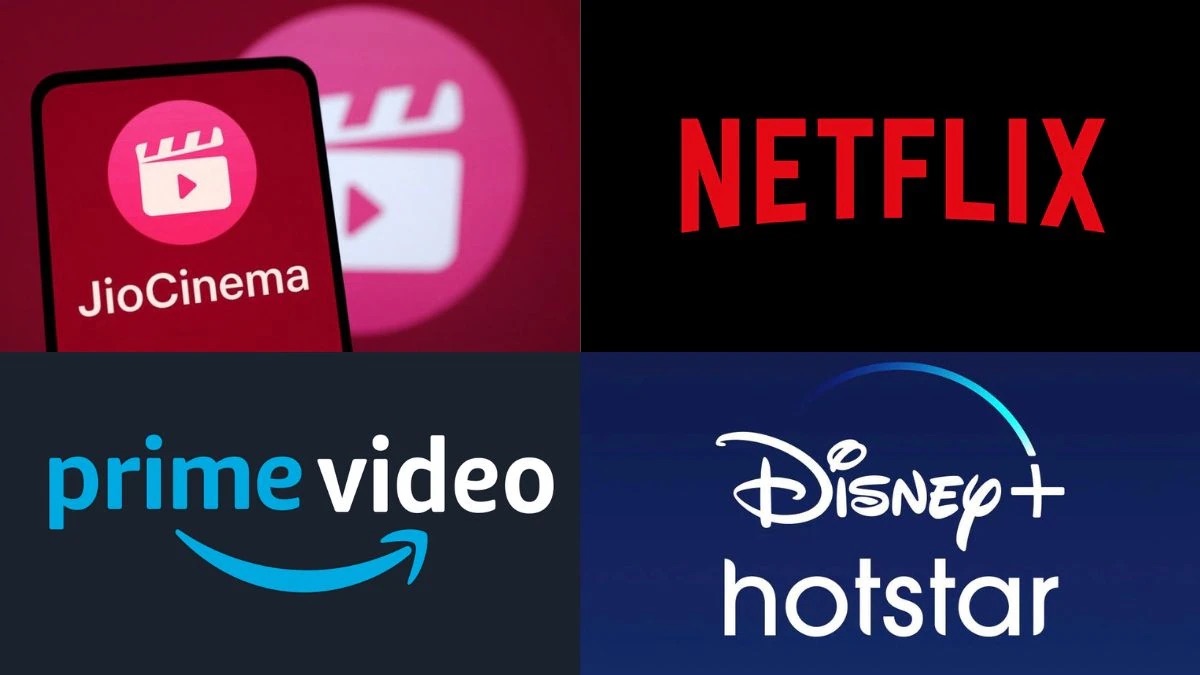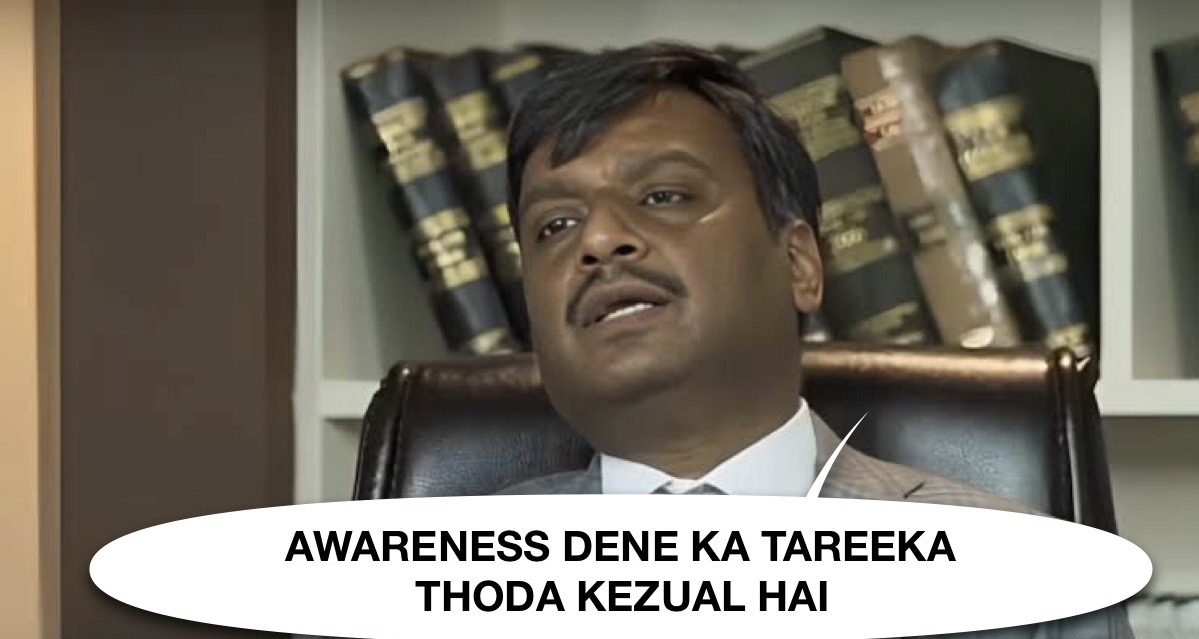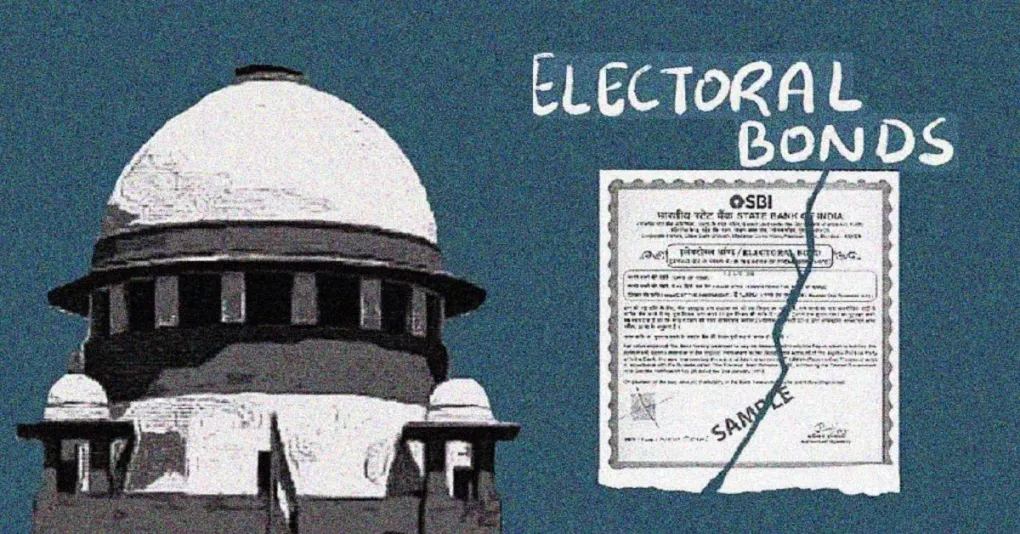By Shaurya Lall
A routine visit to the Central Government Health Scheme (CGHS) Dispensary, Sector 29, Chandigarh turned into a day-long ordeal for many senior citizens and their families, highlighting the challenges faced by the elderly in accessing essential government healthcare services. Arriving at the dispensary as early as 8 AM, elderly individuals, accompanied by their loved ones, found themselves caught in a seemingly endless queue. With token numbers stretching into the forties, hopes of a swift visit began to fade. The token board was stuck at number 21 for more than an hour. Upon further inquiry we found out that the doctor had taken a tea break. It was not until after 10 that the tea break was over and the numbers started to move a little forward.
The Central Government Health Scheme (CGHS) is a healthcare program providing comprehensive medical services to Central Government employees, pensioners, and their dependent family members. Eligible beneficiaries include serving and retired Central Government employees, Members of Parliament, accredited journalists, and dependents such as spouses, children, and sometimes dependent parents.
We spoke with Major Gian Chand, who encountered a frustrating ordeal at the Sector 29 CGHS Dispensary. Despite holding waiting number 16, he was denied his prescribed medication because the doctor claimed the prescription lacked a signature. Hailing from Himachal Pradesh, Major Chand expressed his dismay, explaining that the hospital report from Max Hospital was digitally generated and thus did not require a physical signature. Despite his protests, Major Chand was instructed to return to Max Hospital to obtain the elusive signature. Frustrated and feeling harassed, he even mentioned the possibility of legal action during a heated exchange with the doctor. The urgency of the situation was underscored by Major Chand’s need for injection shots for his younger brother, Dhaian Singh, who had been hospitalised for renal failure at Max Hospital for the past 11 days.

We got in touch with a pharmacist at the respected dispensary. There were 2 pharmacists on duty that day with their goal to hand the prescribed medicines over to the people waiting in the queue. When asked about the efficiency of system, they mentioned about 200 tokens being issued every day. Out of these, many of the people still have to go back empty handed and disappointed.
The ordeal that these people had to go through highlight a neglected face of the medical healthcare system. The facility available to assist the eligible people needs to work more swiftly. Sector 29 Dispensary only has two doctors attending to the people. The constant “breaks” taken by them which last for at least half an hour every time need to be cut short given the bigger picture. Most elderly people waiting in queue everyday are retired government officials. These ex- government servants just want to utilise the
facilities that should be easily accessible in the first place.
Major Chand were among the many other people who who were used to this by now. They referred to it a nuisance that has become part of their life and one that cannot be fixed. Many even looked up the prices of the medicines online claiming that this wait is not worth the effort. The Sector 29 CGHS Dispensary incident highlights the urgent need for healthcare reforms. Elderly citizens enduring long waits and bureaucratic hurdles signify systemic shortcomings. Denying medication over minor technicalities underscores insensitivity to patient needs. Urgent reforms must prioritise efficient, compassionate care for all citizens, ensuring accessibility and dignity in our healthcare system.




